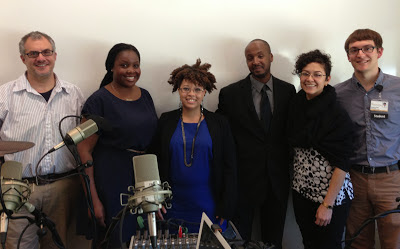Podcast: Play in new window | Download (Duration: 42:21 — 58.2MB)
Subscribe: Spotify | RSS | More
Spoiler alert: don’t “prepare” during the summer before you arrive at medical school.


Listener Amanda is like many medical students–anxious and worried. In her case, she wonders if she won’t be as prepared for med school as her classmates when she starts in the fall, because they are “ahead” of her due to their experience and former careers. We’ve got you, Amanda: Aline Sandouk, Hillary O’brien, Erik Kneller, and Sanjeeva Weerasinghe are here to help.
Also, which of our hosts are on team Yannie or Laurel? It doesn’t matter, because Dave did some sophisticated analysis and discovered something about the morphing audio clip that has the internet arguing again.
This Week in Medical News
The netflix series 13 Reasons Why returns for season 2 today as we record this, and Netflix has announced it’s response to mental health professionals’ concerns with the content. Speaking of mental illness, Blue Cross Blue Shield has released a new study that says diagnoses of major depression are on the rise. Henrietta Lacks–who was the unconsenting donor of the amazing HeLa cell line used for just about every kind of study of every kind of disease these days and whose descendents we spoke with in 2013—now has a portrait in the National Portrait Gallery.
We Want to Hear From You
Do you have a question we can help answer? Do you need advice? We’re giving away answers for free (along with SCP key fobs)! Call us at 347-SHORTCT anytime, visit our Facebook group, or email theshortcoats@gmail.com.
Continue reading Relax or Prepare? Advice for Incoming Med Students






